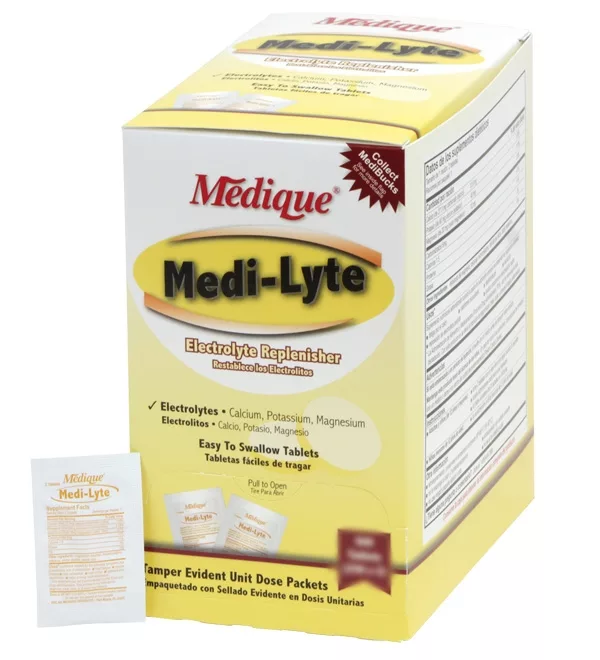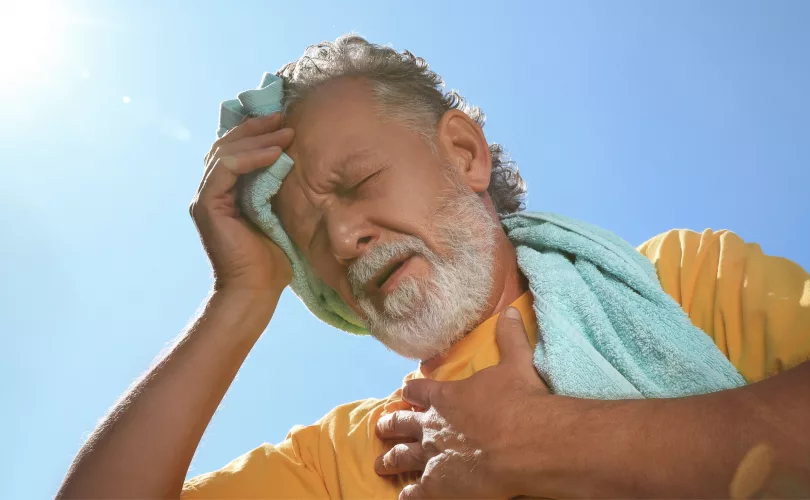Heat related illnesses such as heat stroke and heat stress are serious concerns for athletes and people who work outside. These two illnesses share many of the same symptoms, making it very hard to distinguish them. The goal of this blog is to help you learn the differences so you can properly care for yourself and others and avoid organ damage.
Symptoms of Heat Stroke
- Headache.
- A body temperature of 104F or higher. This is most accurately measured by a rectal thermometer.
- Change in behavior or state of mind. Such as confusion, delirium, slurred speech, and agitation.
- Lack of sweat or excessive sweating.
- Nausea.
- Flushed skin.
- Nausea or vomiting
- Rapid breathing/heart rate
If untreated, heat stroke can cause seizures and organ failure, which can lead to disability or even death.
Symptoms of Heat Stress
- Dizziness or fainting
- Headache
- Heavy sweating
- Feeling dehydrated
- Cold, clammy skin
- Nausea of vomiting
- Fatigue or muscle cramps
How to Treat Heat Stroke
If you suspect someone is suffering from heat stroke, call 911 immediately.
- Get the affected person into the shade or inside a cool building.
- Use ice packs on the head, neck, armpits, and groin, or immerse them in cool water/spray their body with cold spray or a hose to lower the body’s core temperature.
- Remove excess clothing such as shoes, hat, safety vest, etc.
Heat stroke affects the organs, including the kidneys and liver, so do not give the person anything to drink.
How to Treat Heat Stress
Heat stress is much less severe, but can turn into heat stroke if unattended, so it is best to stay aware of your body, take frequent breaks, stay hydrated, and eat properly beforehand. Sports drinks and electrolyte replenishers are also great options for treating and preventing heat related illnesses.

- Move the affected person into the shade or inside a cool building.
- Have the person sit down.
- Give them small sips of water, rehydrate slowly.
- Use an ice pack on the neck, head, armpits, or groin to reduce body temperature.
Working and exercising in the heat can be dangerous if you ignore the early warning signs of heat stress. Always listen to your body to keep yourself happy and healthy. You can also use a heat stress kit for initial treatment, but if it is severe seek medical attention immediately.



